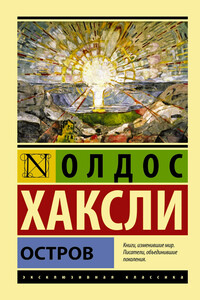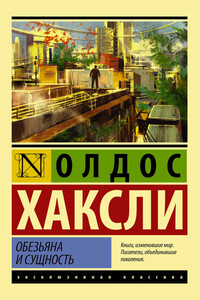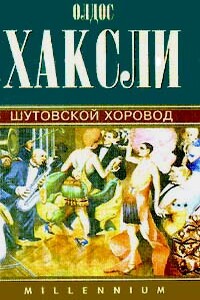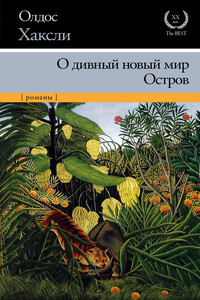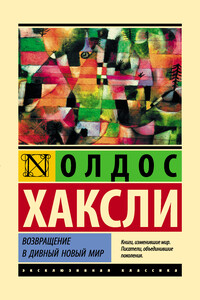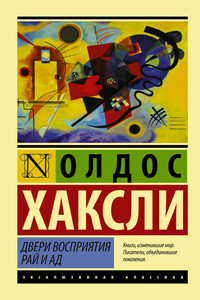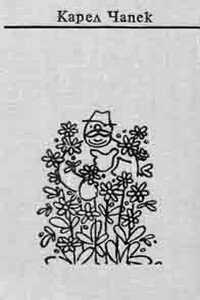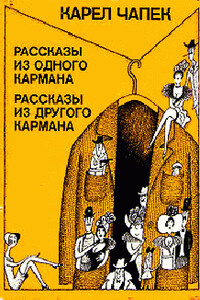|
| Reflexes unalterably conditioned. | Рефлекс, привитый на всю жизнь. |
| They'll be safe from books and botany all their lives." | Мы их навсегда обезопасим от книг и от ботаники. |
| The Director turned to his nurses. "Take them away again." | - Директор повернулся к няням: - Увезти. |
| Still yelling, the khaki babies were loaded on to their dumb-waiters and wheeled out, leaving behind them the smell of sour milk and a most welcome silence. | Все еще ревущих младенцев в хаки погрузили на тележки и укатили, остался только кисломолочный запах, и наконец-то наступила тишина. |
| One of the students held up his hand; and though he could see quite well why you couldn't have lower-cast people wasting the Community's time over books, and that there was always the risk of their reading something which might undesirably decondition one of their reflexes, yet ... well, he couldn't understand about the flowers. | Один из студентов поднял руку: он, конечно, вполне понимает, почему нельзя, чтобы низшие касты расходовали время Общества на чтение книг, и притом они всегда ведь рискуют прочесть что-нибудь способное нежелательно расстроить тот или иной рефлекс, но вот цветы... насчет цветов неясно. |
| Why go to the trouble of making it psychologically impossible for Deltas to like flowers? | Зачем класть труд на то, чтобы для дельт сделалась психологически невозможной любовь к цветам? |
| Patiently the D.H.C. explained. | Директор терпеливо стал объяснять. |
| If the children were made to scream at the sight of a rose, that was on grounds of high economic policy. | Если младенцы теперь встречают розу ревом, то прививается это из высоких экономических соображений. |
| Not so very long ago (a century or thereabouts), Gammas, Deltas, even Epsilons, had been conditioned to like flowers-flowers in particular and wild nature in general. | Не так давно (лет сто назад) у гамм, дельт и даже у эпсилонов культивировалась любовь к цветам и к природе вообще. |
| The idea was to make them want to be going out into the country at every available opportunity, and so compel them to consume transport. | Идея была та, чтобы в часы досуга их непременно тянуло за город, в лес и поле, и, таким образом, они загружали бы транспорт. |
| "And didn't they consume transport?" asked the student. | - И что же, разве они не пользовались транспортом? - спросил студент. |
| "Quite a lot," the D.H.C. replied. | - Транспортом-то пользовались, - ответил Директор. |
| "But nothing else." | - Но на этом хозяйственная польза и кончалась. |
| Primroses and landscapes, he pointed out, have one grave defect: they are gratuitous. | У цветочков и пейзажей тот существенный изъян, что это блага даровые, подчеркнул Директор. |
| A love of nature keeps no factories busy. | Любовь к природе не загружает фабрик заказами. |
| It was decided to abolish the love of nature, at any rate among the lower classes; to abolish the love of nature, but not the tendency to consume transport. | И решено было отменить любовь к природе - во всяком случае, у низших каст; отменить, но так, чтобы загрузка транспорта не снизилась. |
| For of course it was essential that they should keep on going to the country, even though they hated it. | Оставалось существенно важным, чтобы за город ездили по-прежнему, хоть и питая отвращение к природе. |
| The problem was to find an economically sounder reason for consuming transport than a mere affection for primroses and landscapes. | Требовалось лишь подыскать более разумную с хозяйственной точки зрения причину для пользования транспортом, чем простая тяга к цветочкам и пейзажам. |
| It was duly found. | И причина была подыскана. |
| "We condition the masses to hate the country," concluded the Director. | - Мы прививаем массам нелюбовь к природе. |
| "But simultaneously we condition them to love all country sports. | Но одновременно мы внедряем в них любовь к загородным видам спорта. |
| At the same time, we see to it that all country sports shall entail the use of elaborate apparatus. | Причем именно к таким, где необходимо сложное оборудование. |
| So that they consume manufactured articles as well as transport. | Чтобы не только транспорт был загружен, но и фабрики спортивного инвентаря. |
